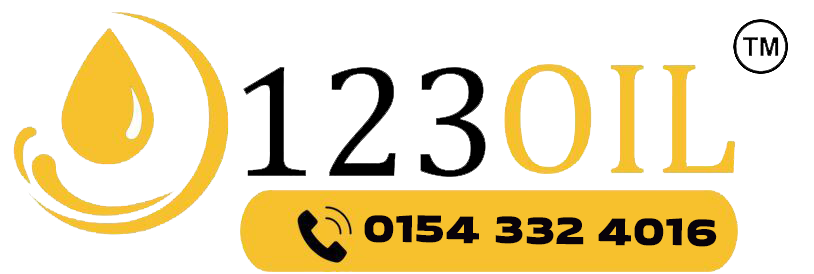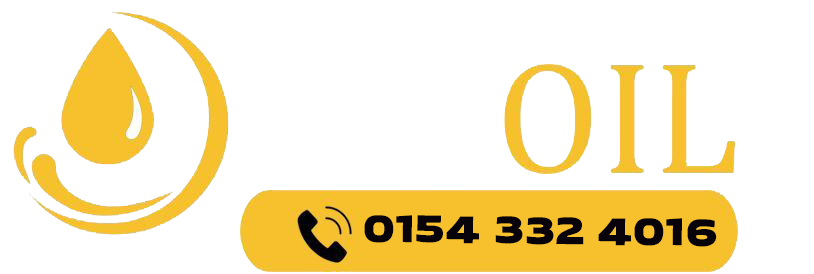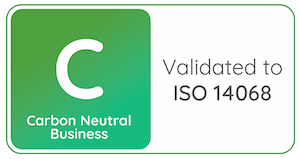Buying a house with oil central heating can be a smart choice for rural or off-grid areas. These systems use heating oil stored in an external tank to fuel an oil-fired boiler that provides heat and hot water. They are efficient, reliable, and powerful, but require regular maintenance, annual servicing, and oil deliveries. Before buying, always check the boiler’s age, the oil tank’s condition, and service history to ensure safety and efficiency.
If you’re considering buying a house with oil central heating, it’s worth taking the time to understand what it involves, how it works, and whether it suits your lifestyle and budget. While many UK homes are connected to the mains gas network, a significant number, especially in rural areas, still rely on oil-fired central heating systems. These systems can be efficient, reliable, and long-lasting when properly maintained, but they also come with unique responsibilities and costs.
This guide explains everything you need to know about owning a home with oil central heating, from how the system works to maintenance, costs, pros and cons, and what to check before you buy.
What Is Oil Central Heating?
Oil central heating is a system that uses heating oil as a fuel source instead of mains gas or electricity. It’s commonly found in rural or off-grid areas where there’s no access to the gas network. The system typically includes:
- An oil-fired boiler, which heats water.
- A storage tank, usually located outside, where the heating oil is kept.
- A delivery service, as oil must be ordered and refilled periodically.
Once the oil is burned in the boiler, it heats the water that circulates through your home’s radiators and provides hot water for taps and showers.
What Is Oil-Fired Central Heating?
The term oil-fired central heating refers specifically to systems where the boiler runs on oil. These boilers work in much the same way as gas ones, except they use kerosene (the most common heating oil in the UK) as fuel. Modern oil boilers can achieve efficiencies of over 90%, meaning very little energy is wasted.
Oil-fired boilers come in three main types:
- Combi boilers: heat water directly from the boiler, offering both heating and hot water without a storage cylinder.
- System boilers: store hot water in a separate cylinder, suitable for larger households.
- Regular (conventional) boilers: use both a hot water cylinder and a cold water storage tank.
How Does Oil Central Heating Work?
The process is straightforward:
- The heating oil is stored in an external tank.
- When heating or hot water is needed, the boiler draws oil from the tank.
- The oil is ignited in the burner, heating water.
- Heated water is then circulated through radiators or underfloor heating.
- The system automatically stops once the desired temperature is reached.
Unlike gas or electric systems, you’re responsible for managing your fuel supply, which means regularly checking oil levels and arranging deliveries in advance.
Key Considerations When Buying a House with Oil Central Heating
Before committing to a property with oil heating, it’s wise to carry out a few checks to ensure the system is in good working order and compliant with regulations.
Check the Age and Condition of the Boiler
Oil boilers typically last around 15 years, although well-maintained models can last longer. Ask for maintenance records and servicing certificates. A poorly maintained boiler can be less efficient and more expensive to run.
Inspect the Oil Tank
The oil tank should be in good condition, free of cracks or leaks, and positioned safely according to building and environmental regulations. Bunded oil tanks (with double layers) offer better protection against leaks and are often legally required.
Ask About Fuel Consumption
Request information about the property’s annual oil usage. This will help estimate your future heating costs. Factors such as insulation, property size, and lifestyle affect consumption.
Check for Regular Servicing
A well-maintained system should be serviced annually by an OFTEC-registered engineer. This ensures safety, efficiency, and compliance with environmental standards.
Look at Energy Efficiency
Ask about the Energy Performance Certificate (EPC). Older oil boilers may not be as efficient as modern condensing models, meaning higher running costs. Upgrading to a modern A-rated boiler could significantly reduce fuel use.
Oil Central Heating Pros and Cons
Understanding the oil central heating pros and cons will help you decide if this type of system is right for you.
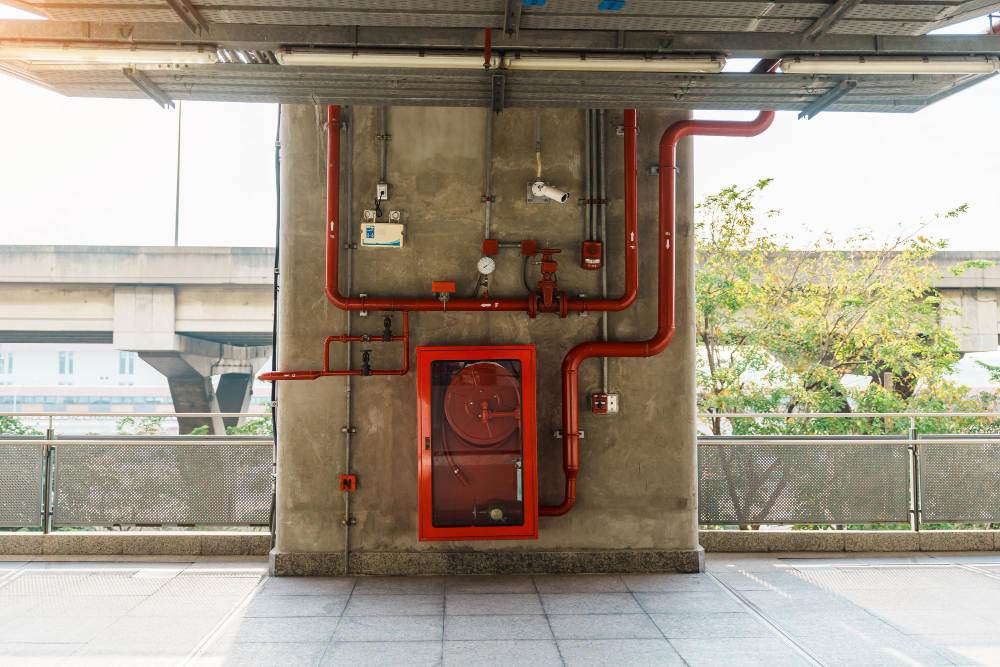
Pros
High Efficiency
Modern oil boilers can achieve efficiencies above 90%, meaning more heat from every litre of oil burned.
Powerful Heating
Oil produces a higher heat output than gas, making it effective for large homes and properties in colder regions.
Independence from the Grid
Oil heating is ideal for rural homes with no access to mains gas. You have control over your own fuel supply.
Stable and Reliable
Oil-fired systems are known for long-lasting performance and reliability, especially when properly maintained.
Choice and Flexibility
You can shop around for oil suppliers, helping you find competitive prices. Many suppliers offer flexible payment plans or automatic delivery services.
Cons
Fluctuating Prices
Heating oil prices can rise and fall with global markets, making budgeting more difficult.
Upfront Costs
Installing or replacing an oil boiler and tank can be expensive compared to gas systems.
Fuel Storage
You need adequate space for an external oil tank, and it must be installed safely.
Manual Refilling
You must monitor oil levels and arrange refills, unlike gas systems that supply fuel automatically.
Environmental Concerns
Oil is a fossil fuel, so it’s not the most eco-friendly option, though modern boilers are much cleaner than older models.
How Much Does Oil Central Heating Cost to Run?
Running costs depend on several factors, oil price, boiler efficiency, property size, and insulation. As of recent years, heating oil averages around 60–80p per litre, though prices fluctuate.
A typical UK household might use 1,500–2,000 litres of oil per year, costing roughly £900–£1,600 annually. Keeping your boiler serviced and insulating your home well will help minimise these costs.
What Is the Life Expectancy of an Oil Central Heating System?
With proper maintenance, an oil boiler can last 15–20 years, and a well-kept tank may last even longer. Routine servicing, cleaning, and monitoring fuel quality are essential to ensure safety and performance.
Maintenance Tips for Oil Central Heating Systems
To keep your system working efficiently:
- Have your boiler serviced annually by an OFTEC technician.
- Check the oil tank regularly for cracks or leaks.
- Use good-quality heating oil to prevent sludge build-up.
- Insulate oil lines and tanks to prevent gelling in cold weather.
- Install a fuel gauge to monitor levels and avoid running out of oil.
Environmental Considerations
While heating oil is not renewable, advancements have made systems cleaner and more efficient. Some suppliers even offer biofuels or low-emission blends, reducing carbon output. Modern condensing oil boilers also emit fewer pollutants and waste less fuel.
The UK government’s focus on renewable energy means oil systems may eventually be phased out in favour of greener alternatives, such as heat pumps or biofuels. However, this transition will take time, and oil heating remains a practical and efficient option for many homes today.
Upgrading or Replacing an Old Oil Heating System
If the property you’re buying has an outdated oil system, you might consider an upgrade. A new A-rated condensing boiler could save up to 20–30% on fuel costs, while a modern bunded oil tank adds extra safety and compliance.
Switching to an energy-efficient heating oil supplier like 123 Oil can also help you save money and ensure consistent fuel quality.
Insurance and Safety Regulations
Owning a house with oil heating means following safety guidelines and, in some cases, environmental regulations:
- Ensure the tank is installed on a stable base and away from water sources.
- Keep the system serviced annually.
- Check if your home insurance covers oil leaks, if not, consider adding cover.
- Use approved installers and engineers (OFTEC-registered) for repairs and maintenance.
Future of Oil Heating in the UK
The UK’s move toward carbon neutrality is influencing heating choices. However, oil heating systems are still widely used, and modern versions are far more efficient than before. Hybrid systems and renewable-compatible boilers are being developed to bridge the gap between oil and greener energy solutions.
Final Thoughts
Buying a house with oil central heating can be a great decision, especially for rural properties not connected to mains gas. With proper maintenance, efficient equipment, and regular servicing, oil heating can be both cost-effective and reliable.
Understanding what oil central heating is, along with its pros and cons, will help you make an informed choice. While there are ongoing costs and responsibilities, oil-fired systems remain a dependable heating solution for many UK homes.
If you’re planning to move into a property with oil central heating, take the time to inspect the tank, review service records, and ensure compliance with UK safety standards. With careful management, your home will stay warm, efficient, and worry-free for years to come.
Frequently Asked Questions
Oil central heating can be cost-effective, but prices depend on global oil rates and boiler efficiency. Regular servicing and good insulation help reduce running costs.
Most households refill their oil tanks once or twice a year, depending on usage and tank capacity. Monitoring fuel levels helps avoid running out in winter.
Yes, you can replace an oil boiler with a heat pump, LPG, or biomass system. However, it’s best to assess energy efficiency, installation costs, and suitability first.
Traditional oil systems use fossil fuels, but modern condensing boilers and biofuels make them more efficient and lower in emissions than older models.
Inspect the boiler’s age, service history, and oil tank condition. Also, check if the property meets OFTEC and environmental regulations for safe installation.
